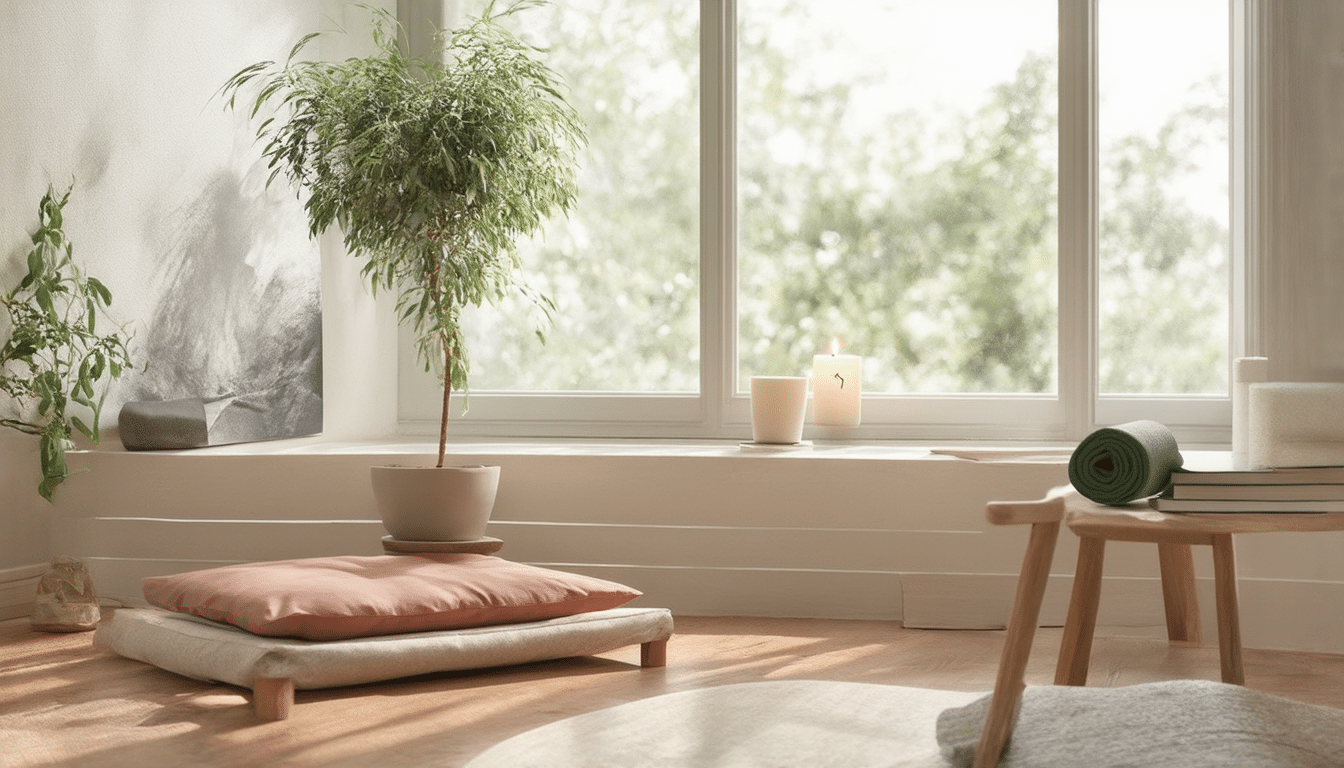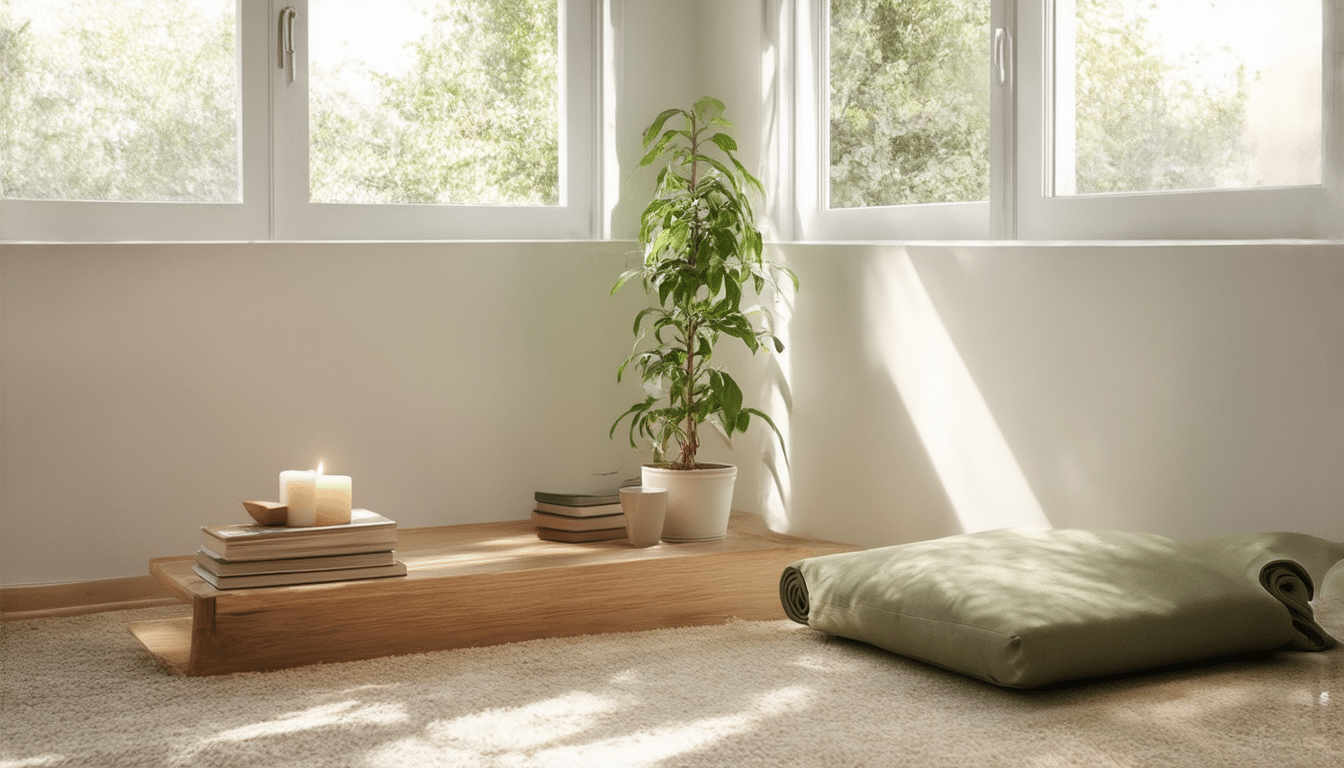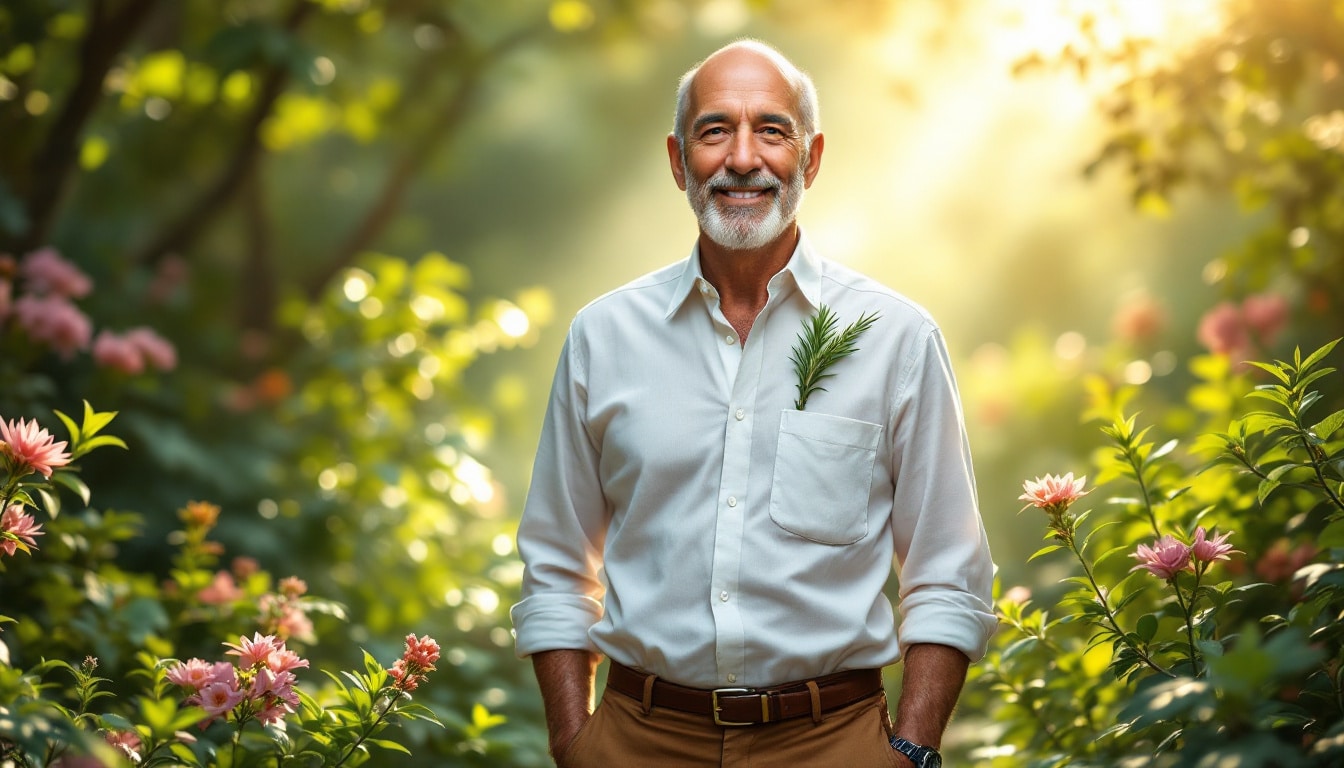In a society that often glorifies excess, the path to true wellness might just lie in simplicity. Minimalist wellness emerges as a transformative approach, suggesting that shedding the unnecessary can enhance not only our quality of life but also our longevity. Embracing a lifestyle of less encourages us to reassess our relationships with possessions, habits, and even interpersonal connections.
New research indicates that eating less isn’t just a means to weight loss; it can be a key factor in extending lifespan. This idea harmonizes beautifully with the principles of minimalism, where we learn that having fewer distractions allows for a more enriched existence. Moreover, rather than feeling deprived, enthusiasts of minimalism often report a boost in mental clarity and emotional well-being.
By focusing on authentic experiences over material goods, minimalism cultivates an environment that nurtures both the body and spirit. Discovering the fine balance of mindful living and cultivating connections with others leads us closer to a lifestyle where longevity isn’t just a dream—it’s achievable. Let us delve into the fascinating intersection of minimalism and wellness, where the journey to a fulfilling, extended life begins.

In our fast-paced modern world, the principle of minimalism is gaining traction as a viable strategy for enhancing not just our physical surroundings but also our overall well-being. It’s a conscious decision to prioritize quality over quantity, and this shift can play a pivotal role in achieving an enriched and fulfilling life. A significant body of research suggests that by embracing a minimalist approach, we can pave the way to a longer, healthier existence. Let’s delve deeper into the synergy between minimalism and longevity.
Table of Contents
ToggleThe Science Behind Minimalism and Longevity
A recent study published in Nature found that living with less clutter not only aids in mental clarity but can also extend one’s lifespan. Researchers conducted experiments on mice, which showed that severely restricting dietary intake led to enhanced longevity. Interestingly, the benefits of eating less extended beyond weight reduction; metabolic improvements were not the sole reasons behind the observed increase in lifespan.
Moreover, minimalism encourages a lifestyle that prioritizes essential habits for health, such as balanced nutrition, regular physical activity, and robust social connections. A minimalist lifestyle is about simplifying one’s life, which inherently reduces stress—an essential factor linked to increased longevity. Numerous studies corroborate this, suggesting that stress management through simplicity can significantly lower health risks associated with aging.
Implementing Minimalist Practices for Better Health
Adopting minimalism may seem daunting, but practical strategies can ease this transition. One effective approach is to evaluate possessions, which often leads to transformative insights regarding what truly matters in life. Implementing the 80/20 rule—where 20% of your belongings provide 80% of your satisfaction—will help you identify surplus clutter.
Beyond decluttering physical space, minimalism extends to our consumption habits. Embrace a whole-food, plant-based diet that emphasizes moderation rather than deprivation. This aligns with findings from a Harvard Health article, stating that key elements of longevity include maintaining a diet low in processed foods and rich in natural nutrients. It’s equally important to find joy in cooking and meal preparation, fostering a deeper connection with what we consume.
Physical movement is another cornerstone of minimalism applied to wellness. Streamlining exercise routines can lead to healthier habits. Focus on integrating activities that you genuinely enjoy into your daily life. Whether it be walking, yoga, or cycling, the goal is to create a sustainable exercise regime that keeps you engaged and energized.
The Importance of Social Connections in Minimalist Wellness
Minimalism also advocates for meaningful relationships. Recent research from Harvard emphasizes that social interactions play a significant role in longevity. Even small interactions, like chatting with a neighbor or a brief call with a friend, can lead to greater happiness and fulfillment.
Building a minimalist social life means focusing on quality over quantity—surrounding yourself with individuals who uplift you and contribute positively to your mental and emotional health. Engage in regular, purposeful gatherings, which may include shared meals or activities that forge deeper connections. The benefits of these relationships include reduced feelings of isolation, lower levels of stress, and improved emotional well-being—all linked to longer life expectancy.
In conclusion, embracing a minimalist lifestyle is not only a path to decluttering one’s physical space but is also a profound journey towards deeper emotional and social satisfaction. By focusing on what truly counts—health, relationships, and well-being—we can unlock the potential for a healthier, longer life.

Frequently Asked Questions about Minimalist Wellness and Longevity
What is minimalist wellness? Minimalist wellness is an approach focused on simplifying life by reducing clutter, both physical and mental, to enhance overall well-being and longevity.
How does living with less contribute to longevity? Living with less leads to reduced stress, improved mental clarity, and greater appreciation for life’s simple pleasures, all of which can positively impact lifespan.
Can minimalism improve financial health? Absolutely! Practicing minimalism can help you eliminate unnecessary expenses, clear financial clutter, and lead to improved financial health.
What are some habits associated with minimalist wellness? Key habits include maintaining a balanced diet, engaging in regular exercise, prioritizing quality sleep, enjoying natural light, and nurturing social connections.
Is a minimalist lifestyle beneficial for mental health? Yes, embracing minimalism can reduce anxiety associated with overwhelming possessions, promote mindfulness, and enhance overall happiness.
Are there physical health benefits to minimalism? A minimalist lifestyle encourages healthier choices such as mindful eating, regular physical activity, and better sleep hygiene, all of which are essential for longevity.
How can social connections enhance minimalist wellness? Socializing helps combat loneliness and builds a support network, both of which have been linked to increased longevity.
What role does diet play in minimalist wellness? A conscious approach to eating, focusing on quality over quantity, can promote better digestion and a healthier lifestyle, effectively contributing to longevity.





